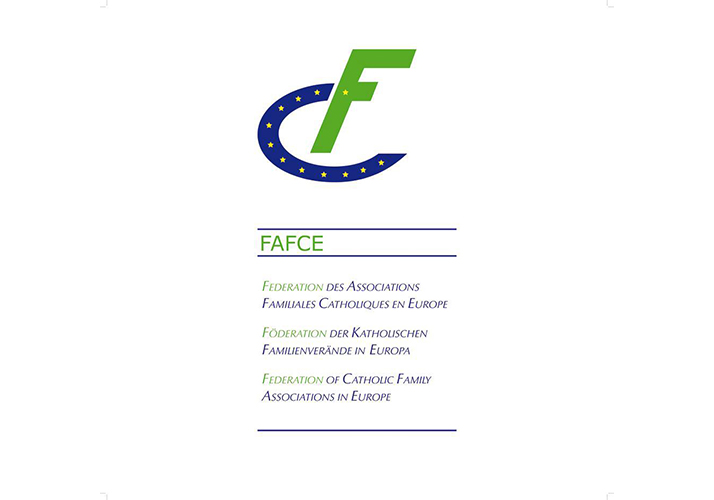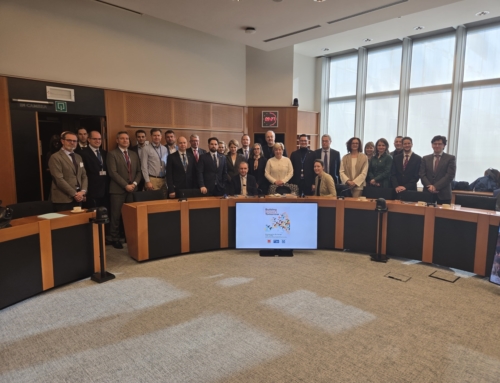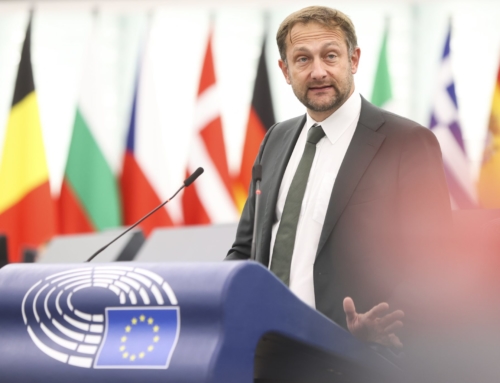Palliative care should be integrated early in the process of the disease, improves the quality of life of patients, alleviates families and can even reduce costs of health systems. These are the main messages of Professor Philip Larkin, President of the European Association for Palliative Care, and Dr Benoit Beuselinck, Oncologist at KU Leuven, invited by the EPP Working Group on Bioethics and Human Dignity to intervene at the event on Principles of Good Palliative Care, hosted by the European Parliament on 7 February.
Professor Philip Larkin argued that there is a range of definitions of palliative care and that can generate some confusion among providers. However, there is a growing distinction in the literature between palliative care and end-of-life care. Palliative care is not time-framed and should not be used only at the last stages of the disease. On the contrary, it is applicable early in the course of illness with the aim of improving the quality of life of patients and their families, addressing physical, psychosocial and spiritual care. Palliative care has a “person-centred holistic approach” to alleviate suffering, requiring the involvement of a multidisciplinary team, he stated.
Professor Larkin considered that palliative care should not be seen as an addition to national health systems, but as an integral part of them, included in the general budget. He argued also that good palliative care can reduce costs to health systems, as proven by the project in Catalonia, Spain.
Dr Benoit Beuselinck agreed with Prof Larkin that palliative care can reduce health costs. It is less expensive than intensive care and chemotherapy and so, if we stop therapeutic obstinacy, we can increase funds to palliative care, which would make possible to provide better care, support families, train doctors and create hospices and day care centres, for those living at home.
Dr Beuselinck approached also the topic of euthanasia, arguing that it breaks the relation of trust between doctors and patients and leads to a slippery slope, with an increasing scope of cases of people dying of euthanasia. Palliative care teams should be contacted when someone asks for euthanasia, to try to improve the situation of that person, he defended, but in Belgium the palliative care team is only involved in 40% of cases. Euthanasia is not the solution for cases of extreme suffering; palliative care is, as Dr Benoit Beuselinck made clear with real examples of his experience as an oncologist.
One year ago, a pro-euthanasia written declaration of the European Parliament failed to reach the requested majority of the Members. At that time FAFCE’s President, Antoine Renard, stated that there is a risk “that the attention of European policy makers is diverted from what the EU could do to support and promote good practices among Members States with regard to palliative care”. FAFCE commends the EPP Working Group on Bioethics for organising a fruitful debate on this important topic.







